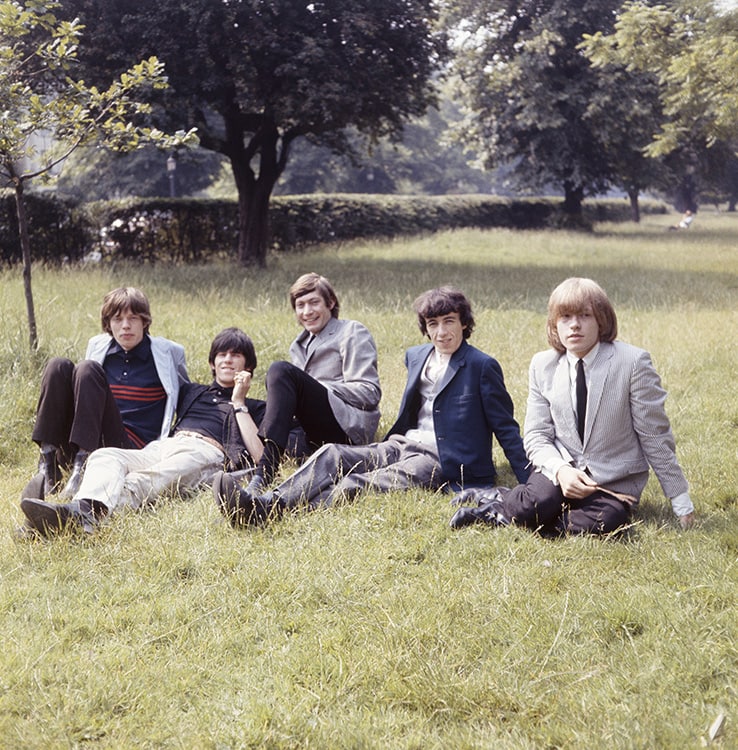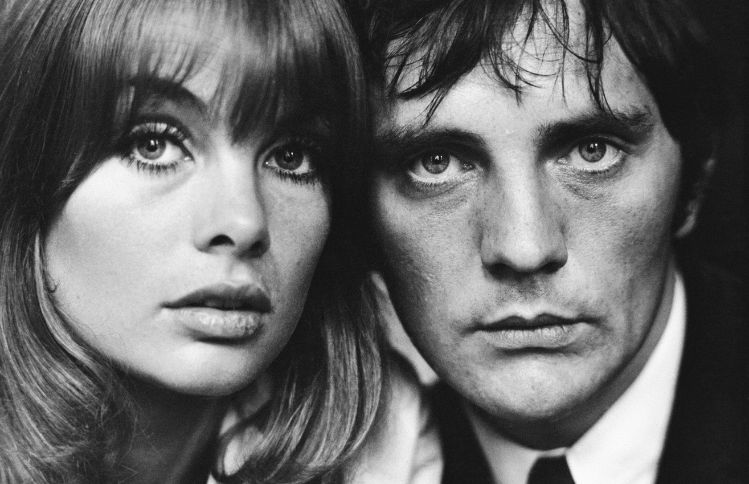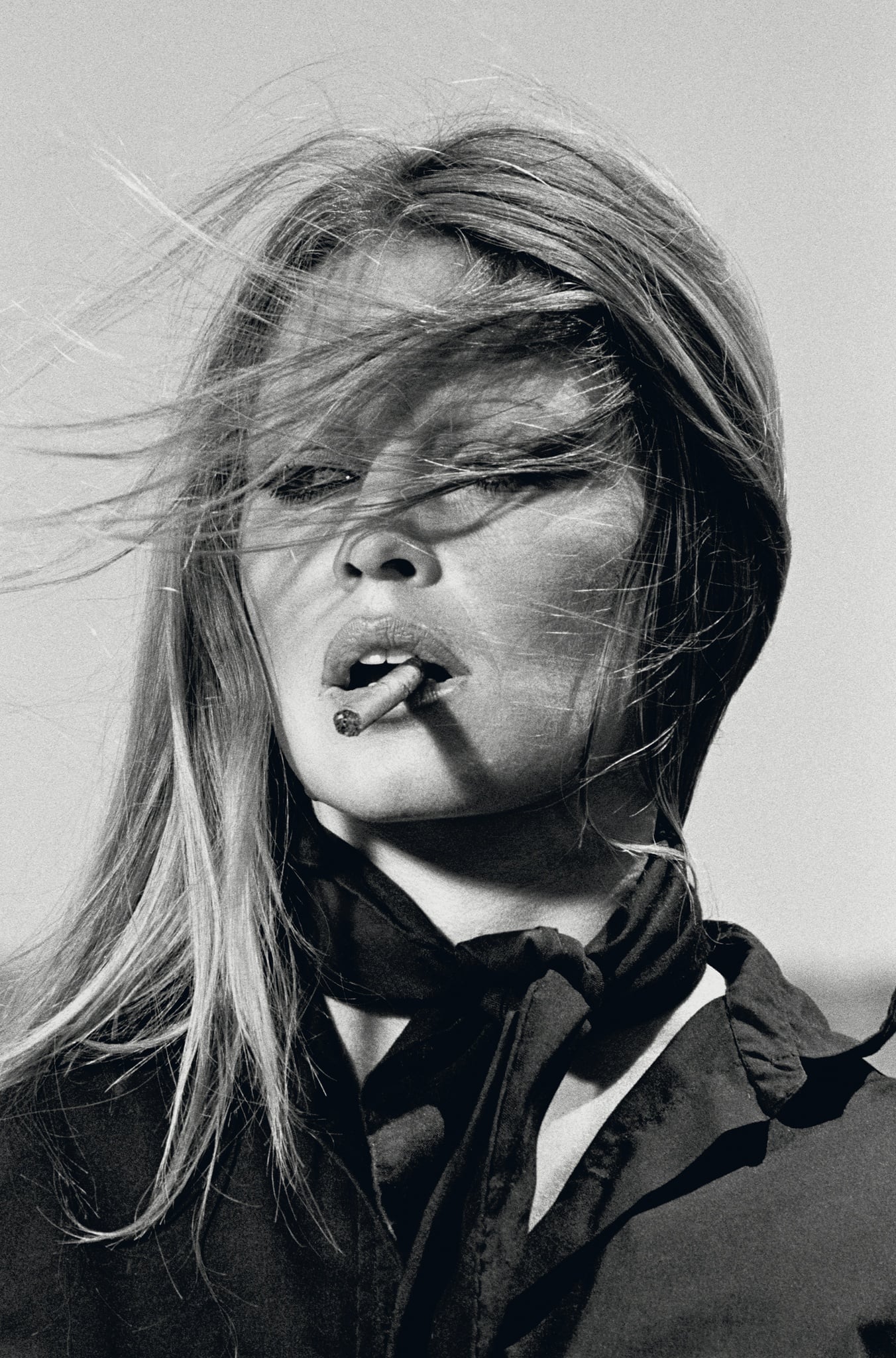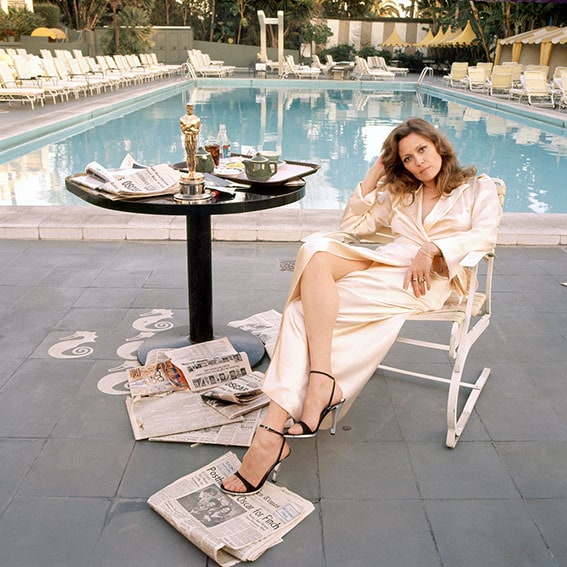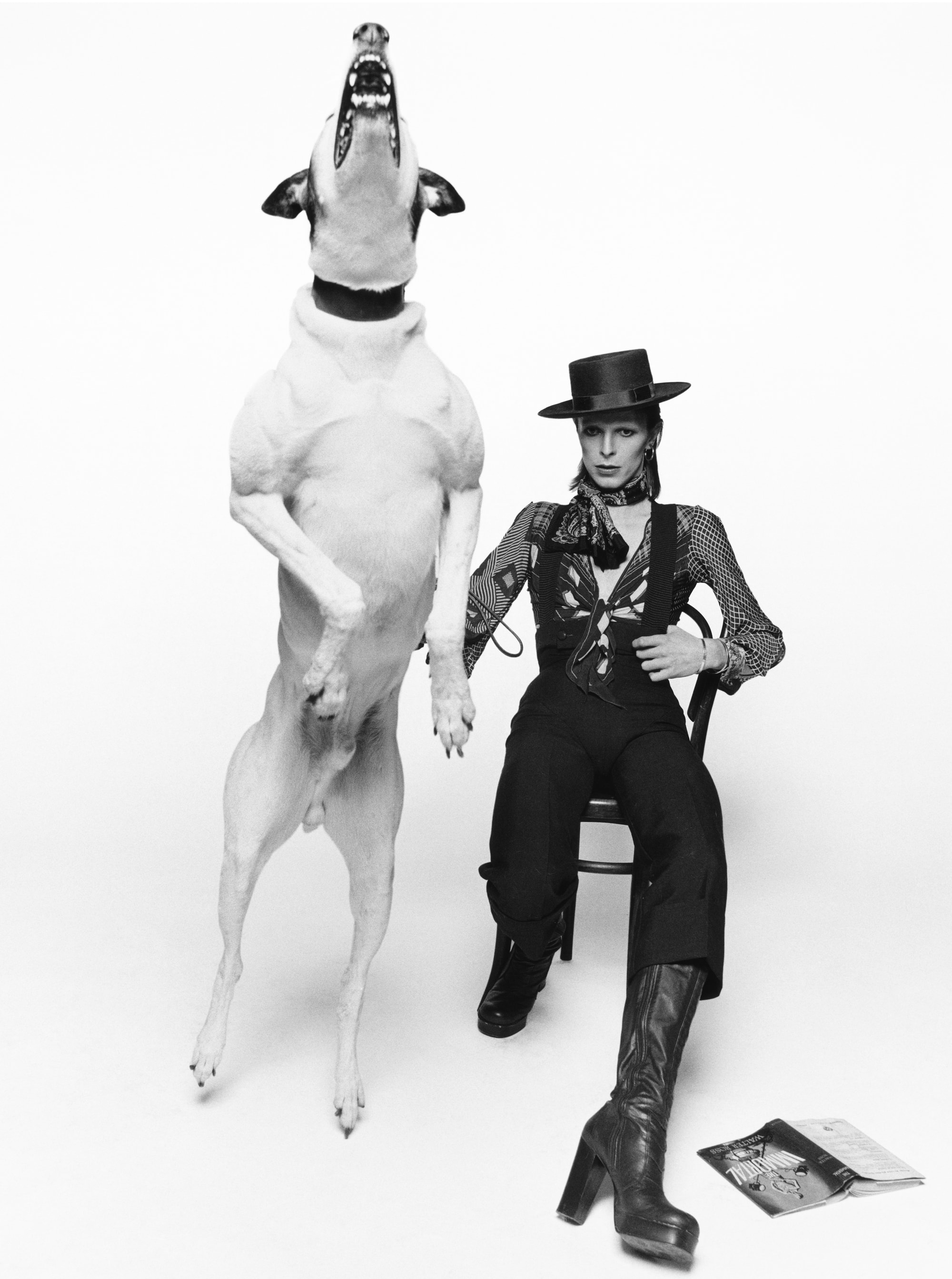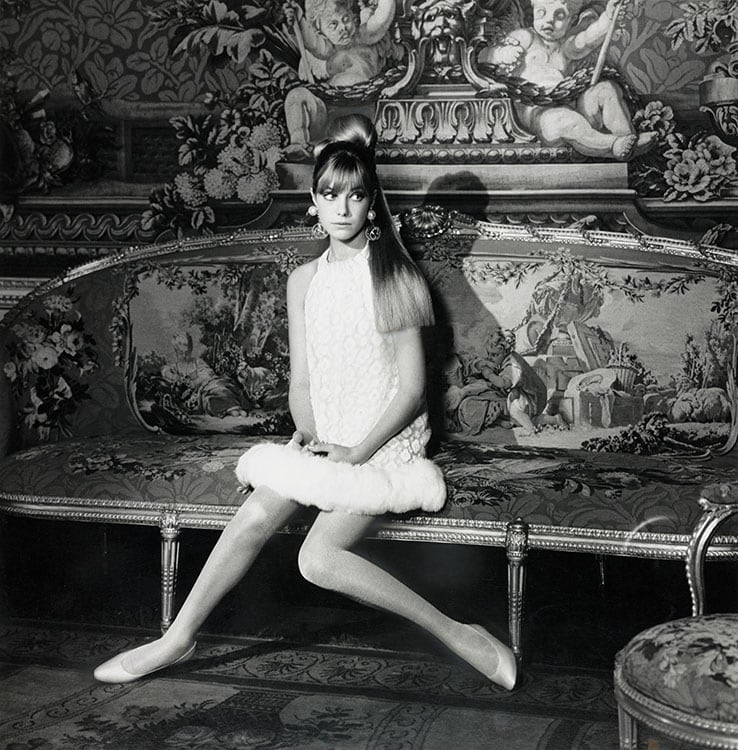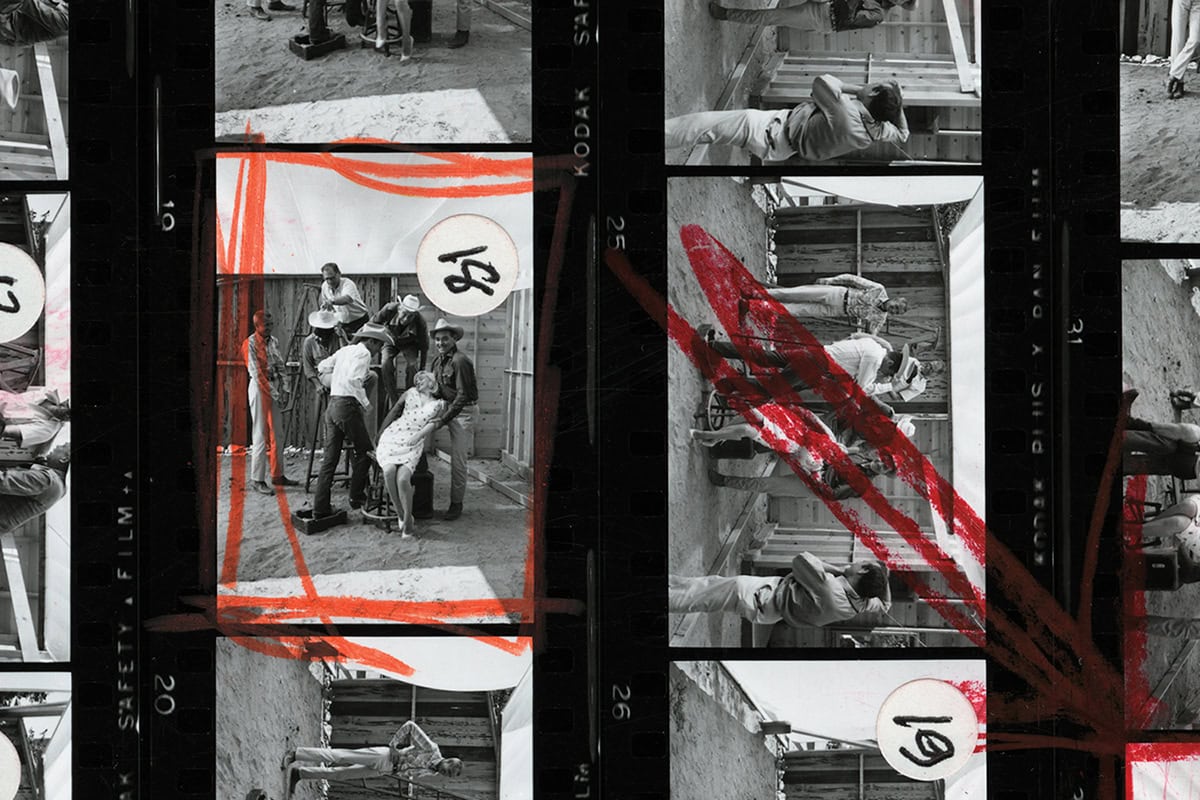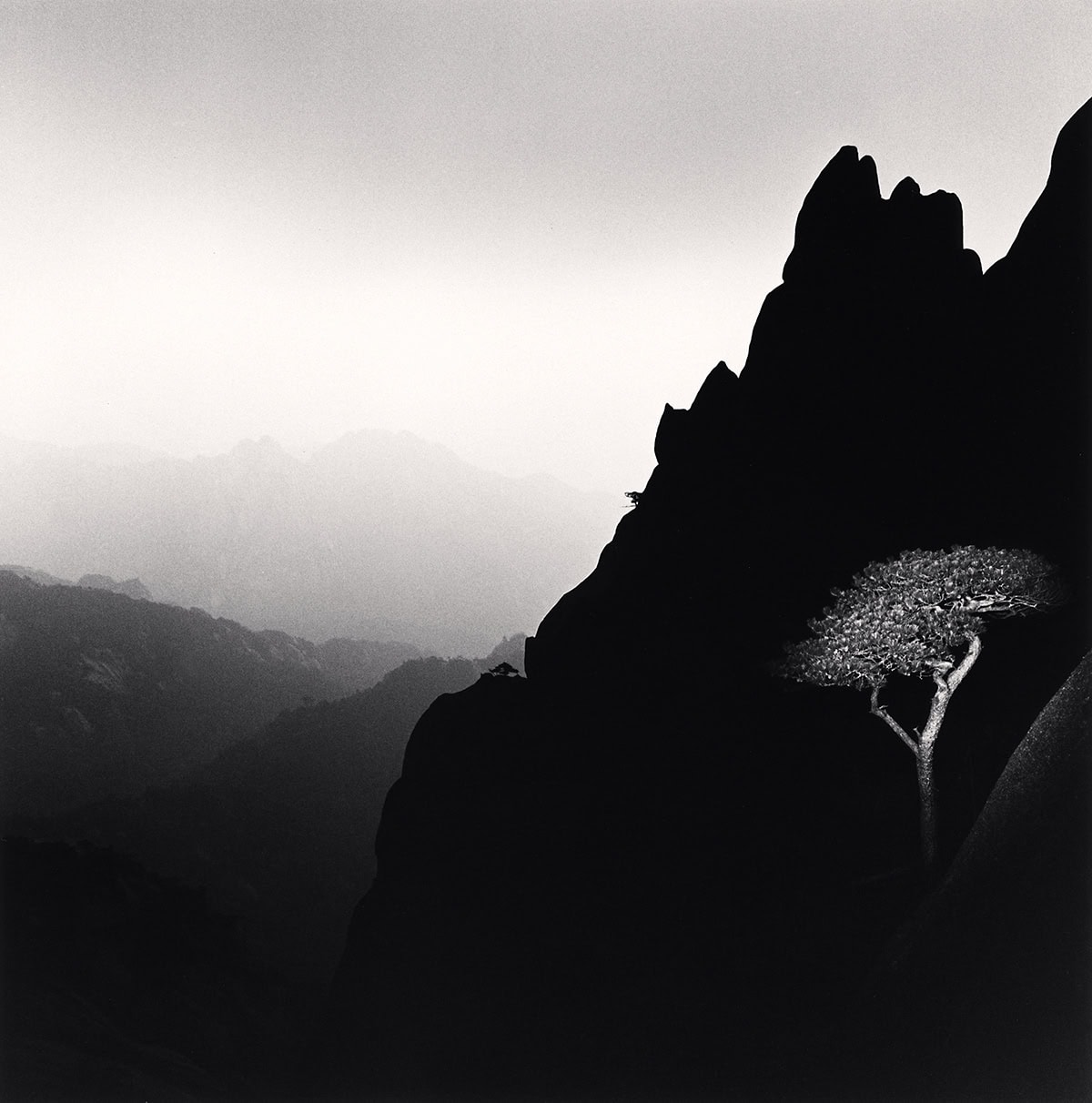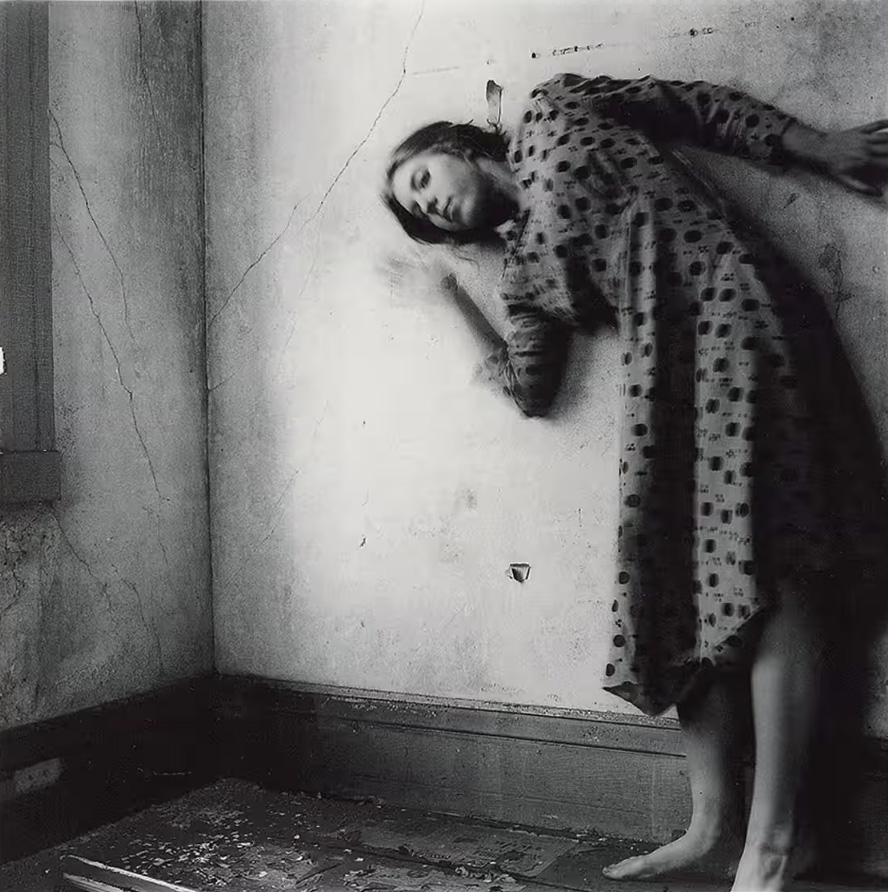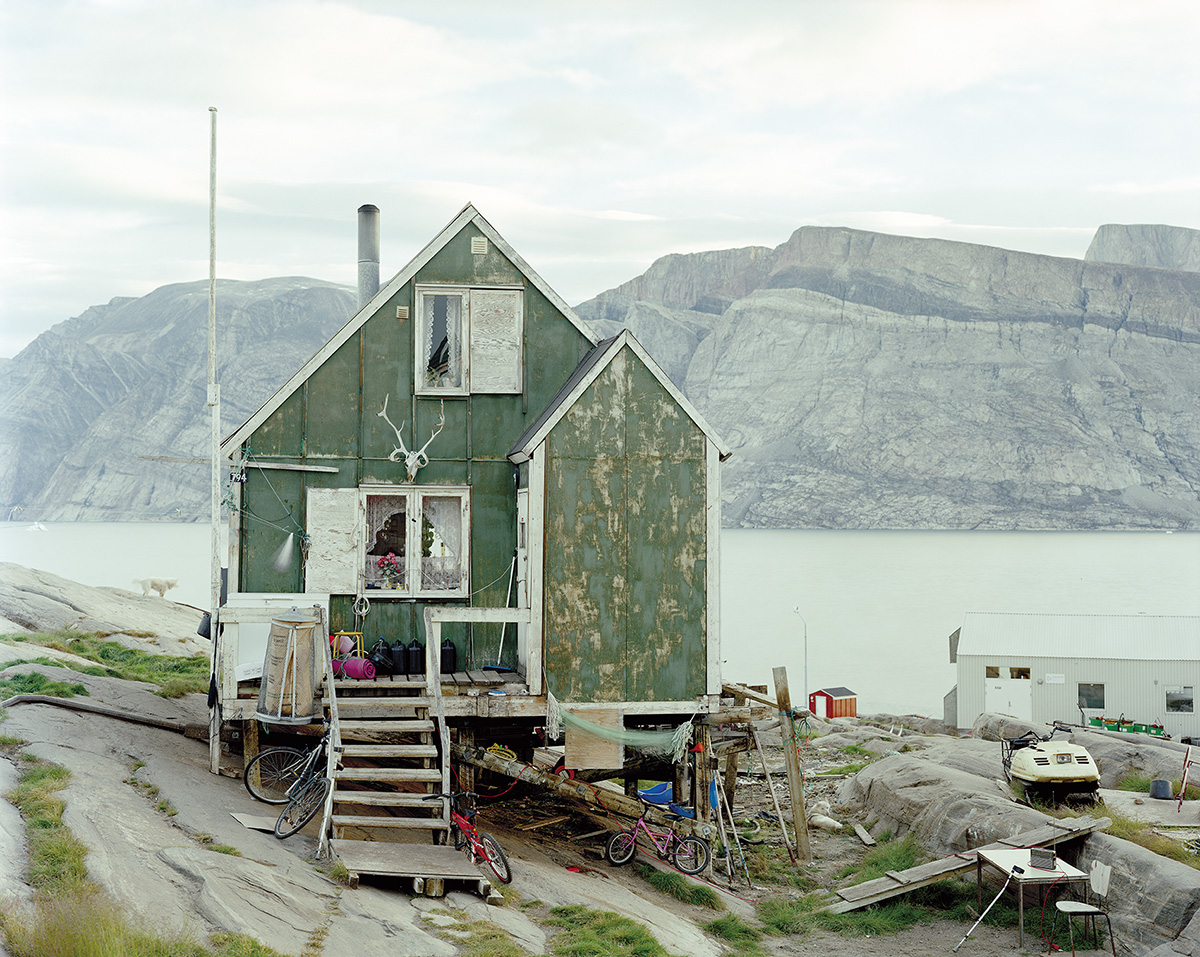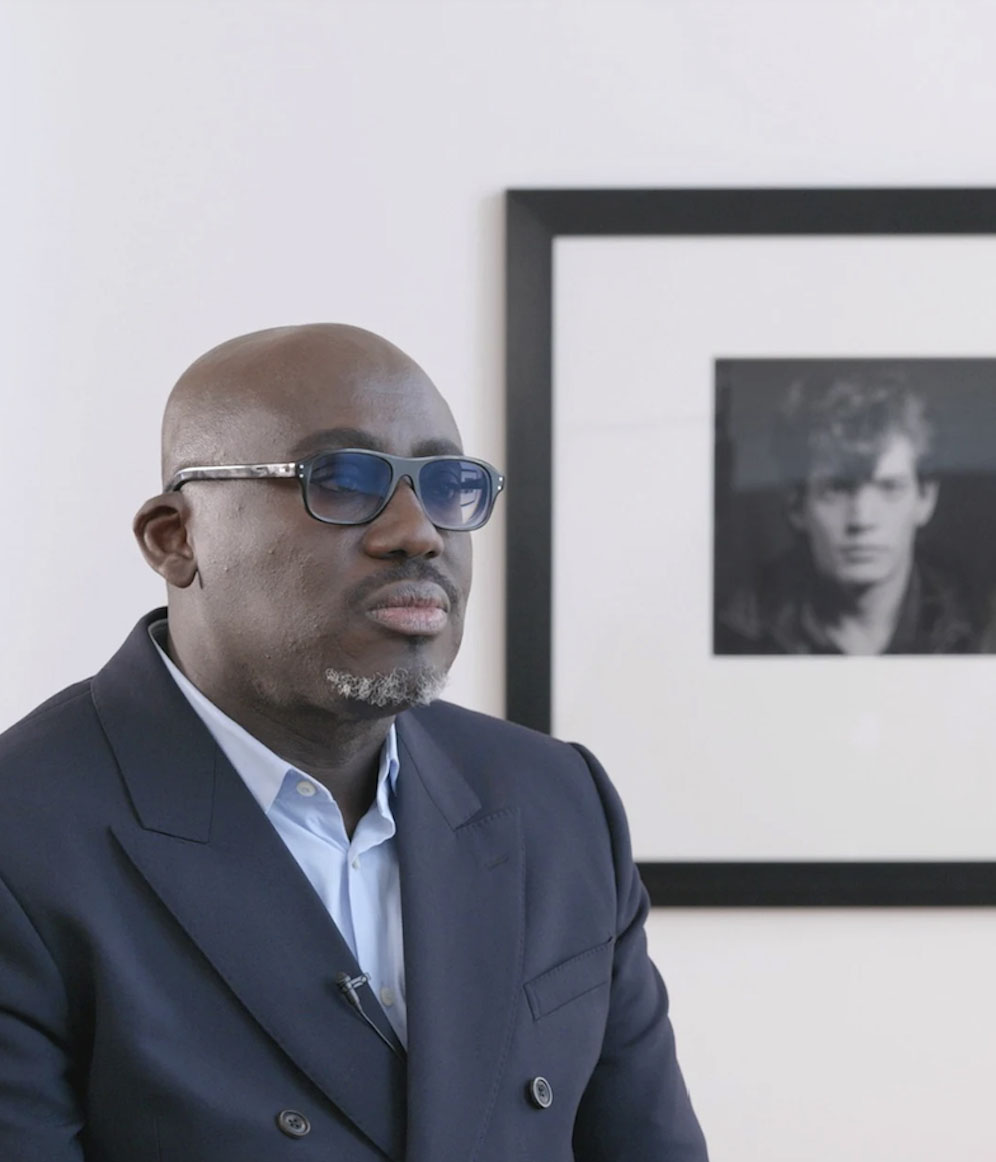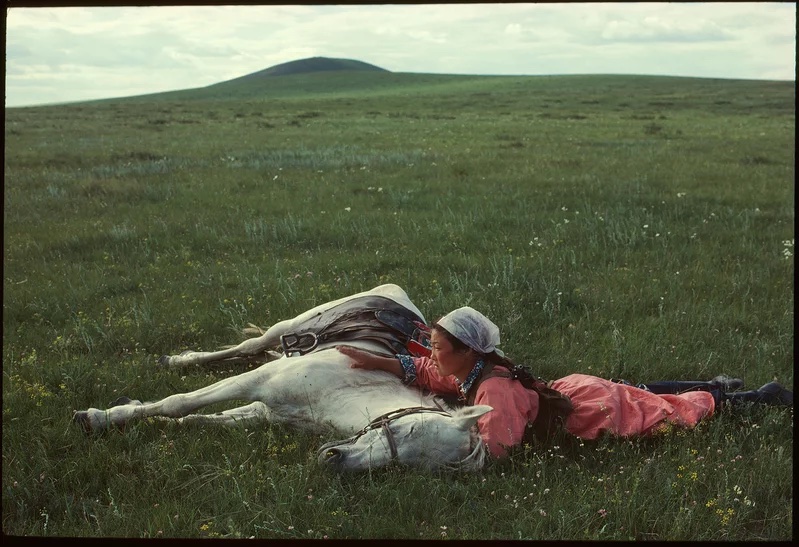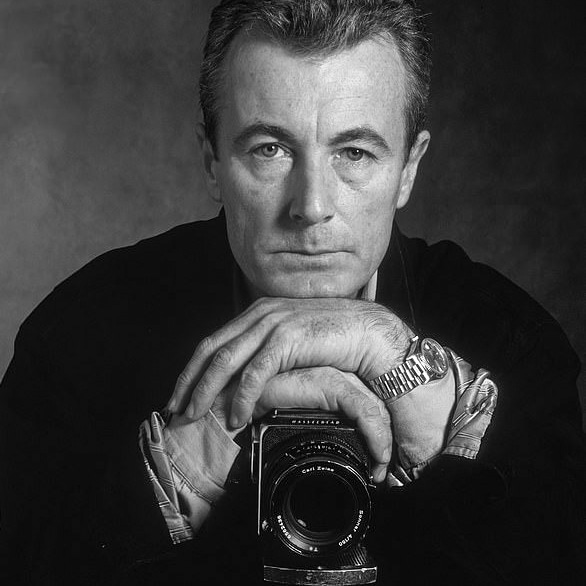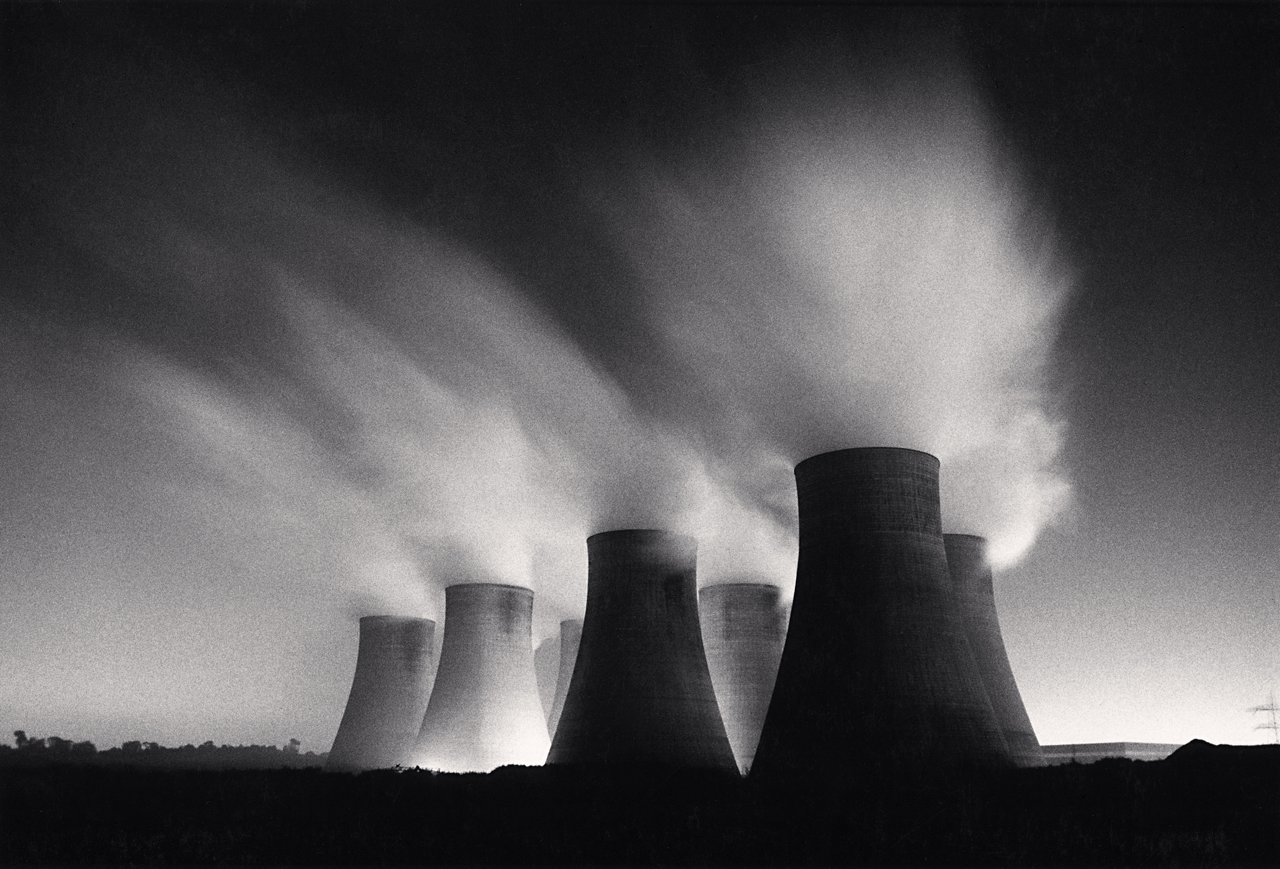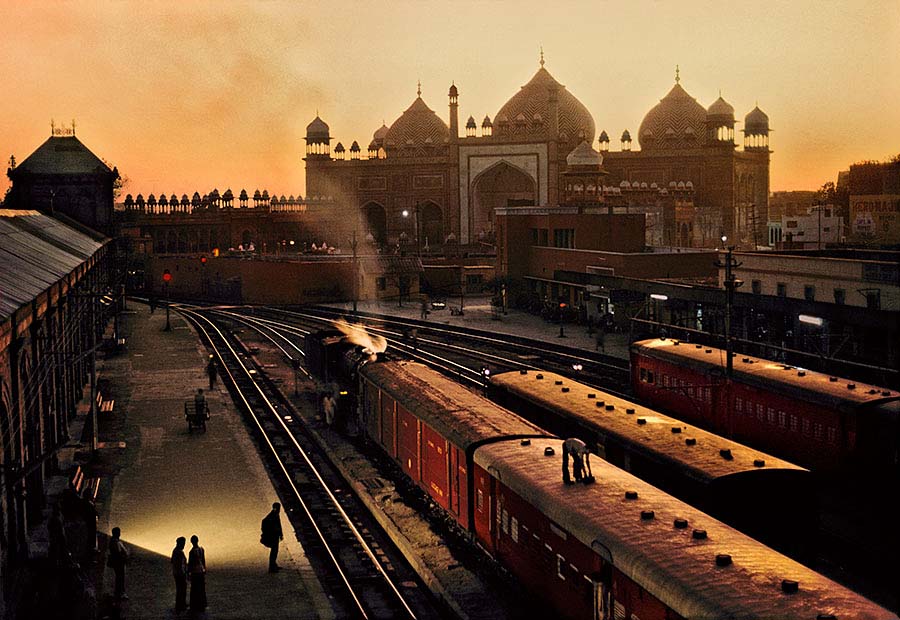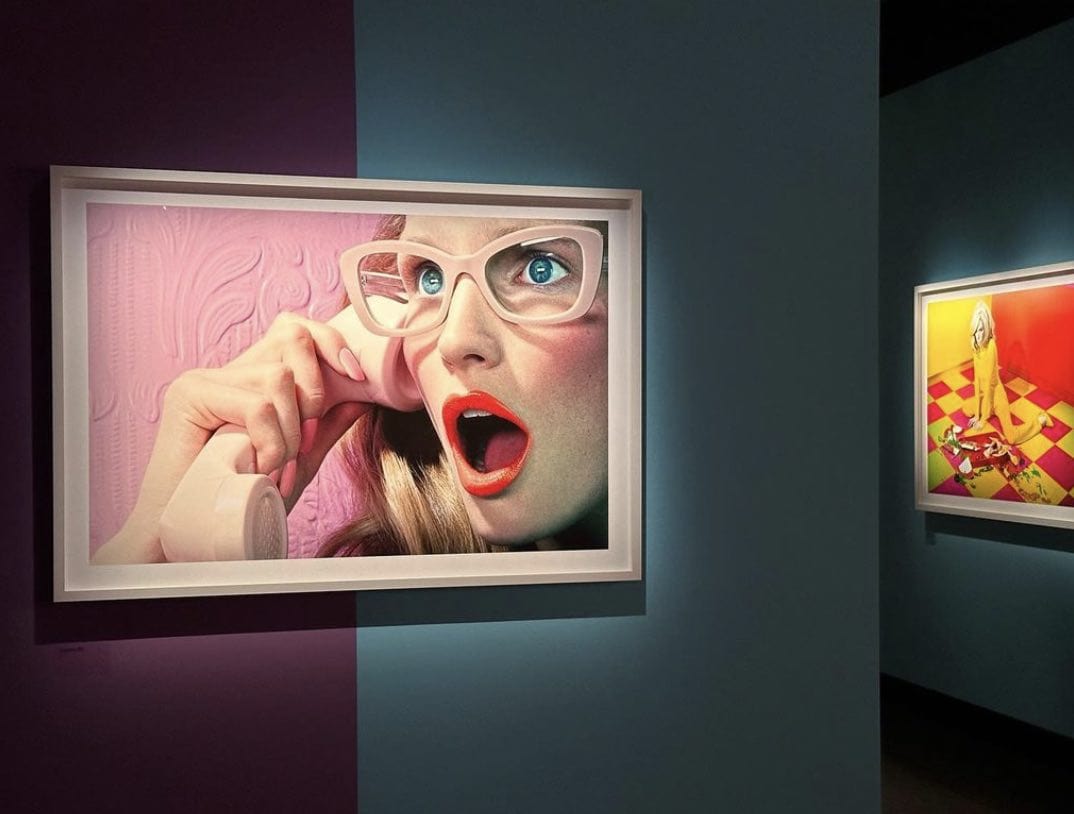Tin Pan Alley: Terry O’Neill & The Rolling Stones
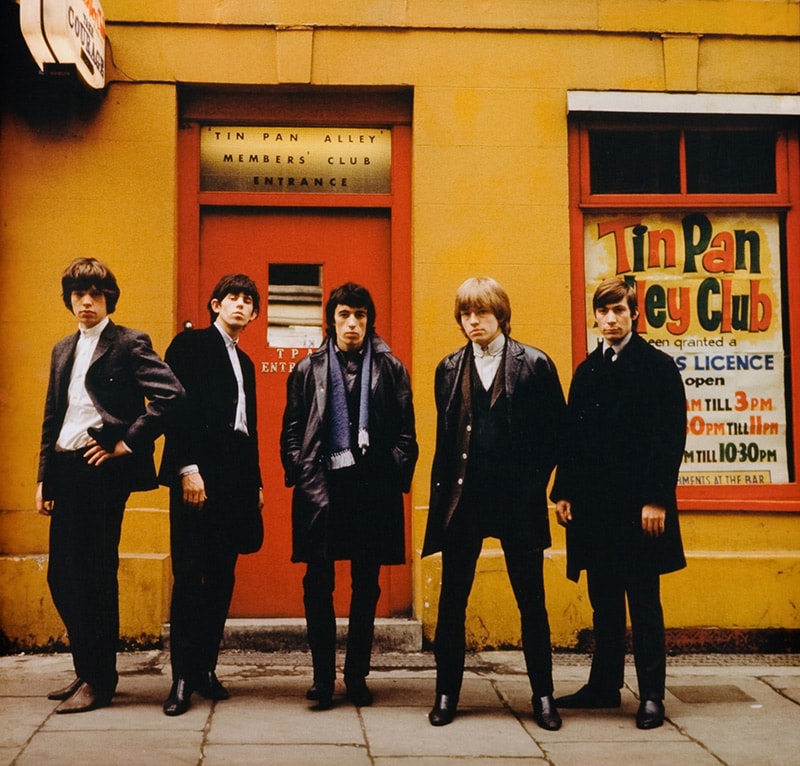
Beginning his career at the start of the 1960’s, British photographer Terry O’Neil focused his lens on youth culture, film, music and fashion, capturing the frontline of fame for over six decades. Photographing icons such as The Beatles, David Bowie, Elton John and Twiggy, O’Neill quickly developed a reputation as the defining photographer of the ‘Swinging Sixties’.
In this early portrait of The Rolling Stones, the band lined up outside London’s infamous ‘Tin Pan Alley Club’ to pose for the photographer. Against the retro yellow and red building stand Mick Jagger, Keith Richards, Bill Wyman, Brian Jones and Charlie Watts. Pictured here in 1963, the musicians were in their early twenties—Jagger and Richards having only just left their teenage years. The band were new on the scene, having recorded their first single in 1961 (a version of Chuck Berry’s ‘Come On’, released in the UK in June 1963) and played their first gig the year before this photograph was taken, at the Marquee Club in London.
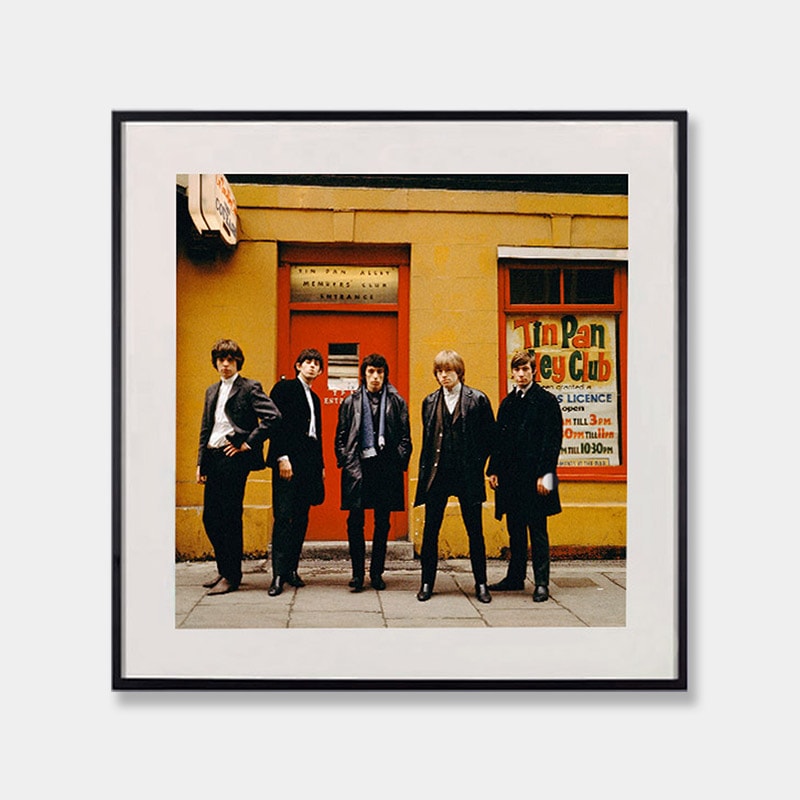
Tin Pan Alley, nestled in the heart of London’s bustling West End, served as the vibrant epicenter of British music during the 1960s. Borrowing its name from the original site in New York, the ‘alley’ was a district in Manhattan known for publishers and songwriters who dominated the American music scene in the late 19th and early 20th century. ‘Tin pan’ refers to the racket made by multiple musician’s playing cheap pianos at once. The collective and chaotic sound was said to be similar to banging tin pans in an alleyway. Relating fondly with this rebellious trope, the British bought Tin Pan Alley to Denmark Street in 1911 and it remained an active site for British music until 1992.
With its narrow streets lined with music shops, recording studios, and buzzing cafes, Tin Pan Alley was a melting pot of creativity where aspiring musicians rubbed shoulders with industry giants. Here, the sounds of Jimi Hendrix, Led Zeppelin, The Kinks and countless other bands echoed through the air, as songwriters penned anthems that would define a generation. From the infectious melodies of pop to the rebellious edge of rock ‘n’ roll, Tin Pan Alley was the beating heart of British music innovation, where artists experimented fearlessly and continued to push boundaries.
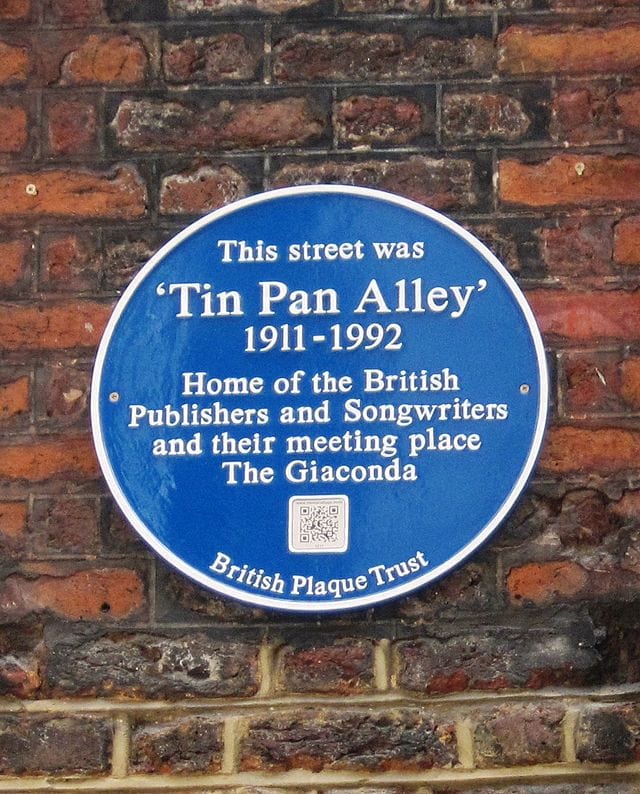
Regent Sound Studio set up shop at No. 4 Denmark Street in 1961, serving as a unit for publishers to record their songs. The Rolling Stones recorded their first album at Regent in 1964, as well as their single ‘Not Fade Away’, which became the band’s first major hit. Down the road at No. 9 was the notorious La Gioconda coffee bar, where bands would hang out and people in the music industry would meet. Elton John, David Bowie, The Small Faces were all regulars; it is said that Bowie created ‘Ziggy Stardust’ while living out of a camper van that was continuously parked outside the cafe.
In a musical era fuelled by chaos, rebellion and punk, a counterculture has always been felt on Tin Pan Alley. Terry O’Neill’s editor disliked this picture of the Stones, saying he hated the band’s ‘long’ hair. “Go shoot some pretty boys”, he said. But O’Neill clearly felt otherwise. Continuing to work closely with stars throughout the following decades, O’Neill’s photographs became popular covers of international magazines and newspapers such as Vogue, Vanity Fair, and The Sunday Times.
FeaturedTerry O’Neill

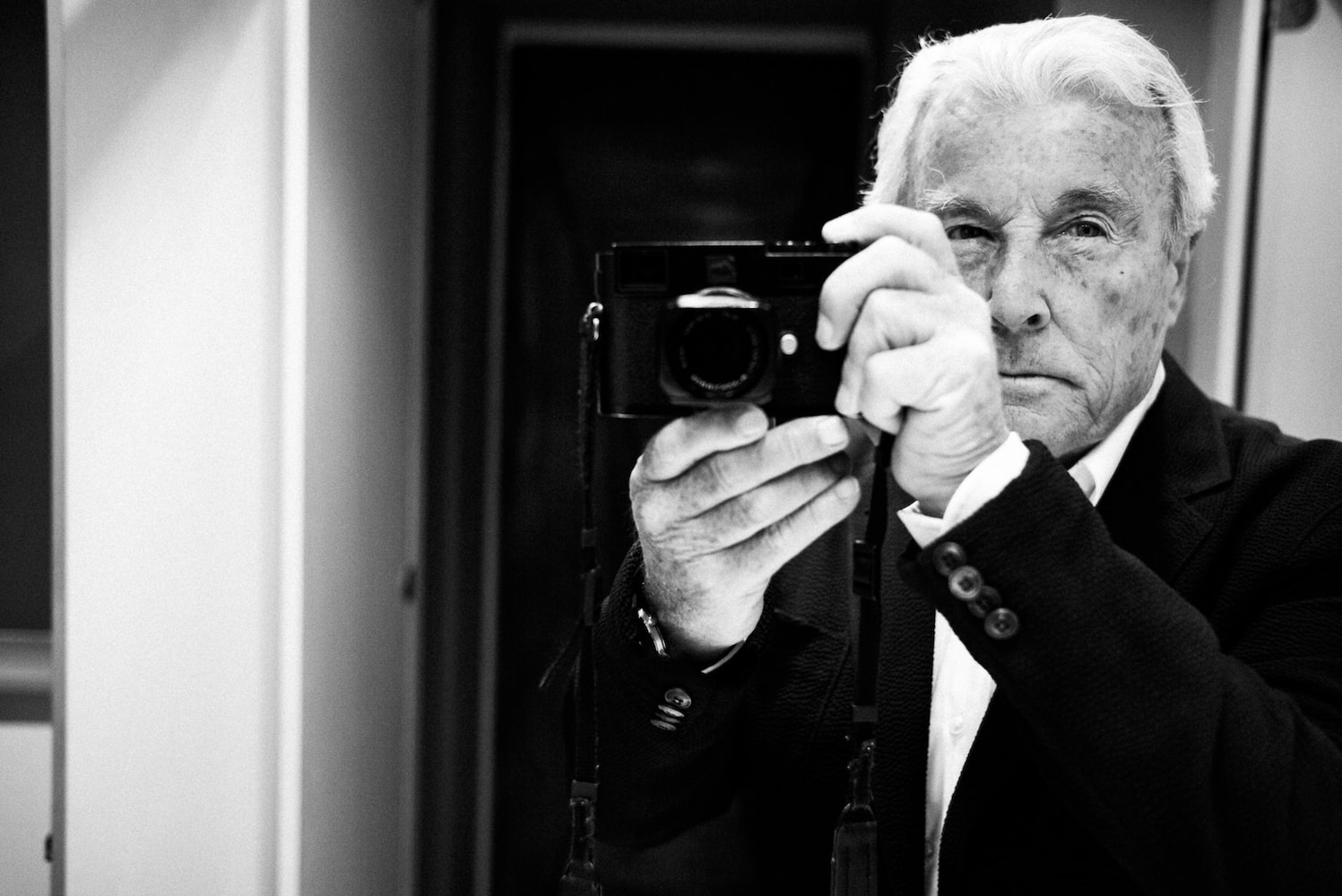
The ArtistTerry O’Neill photographed the most notable figures in film, fashion and music that defined the second half of the twentieth century, including The Beatles, Audrey Hepburn, David Bowie and Brigitte Bardot.
Artist Page